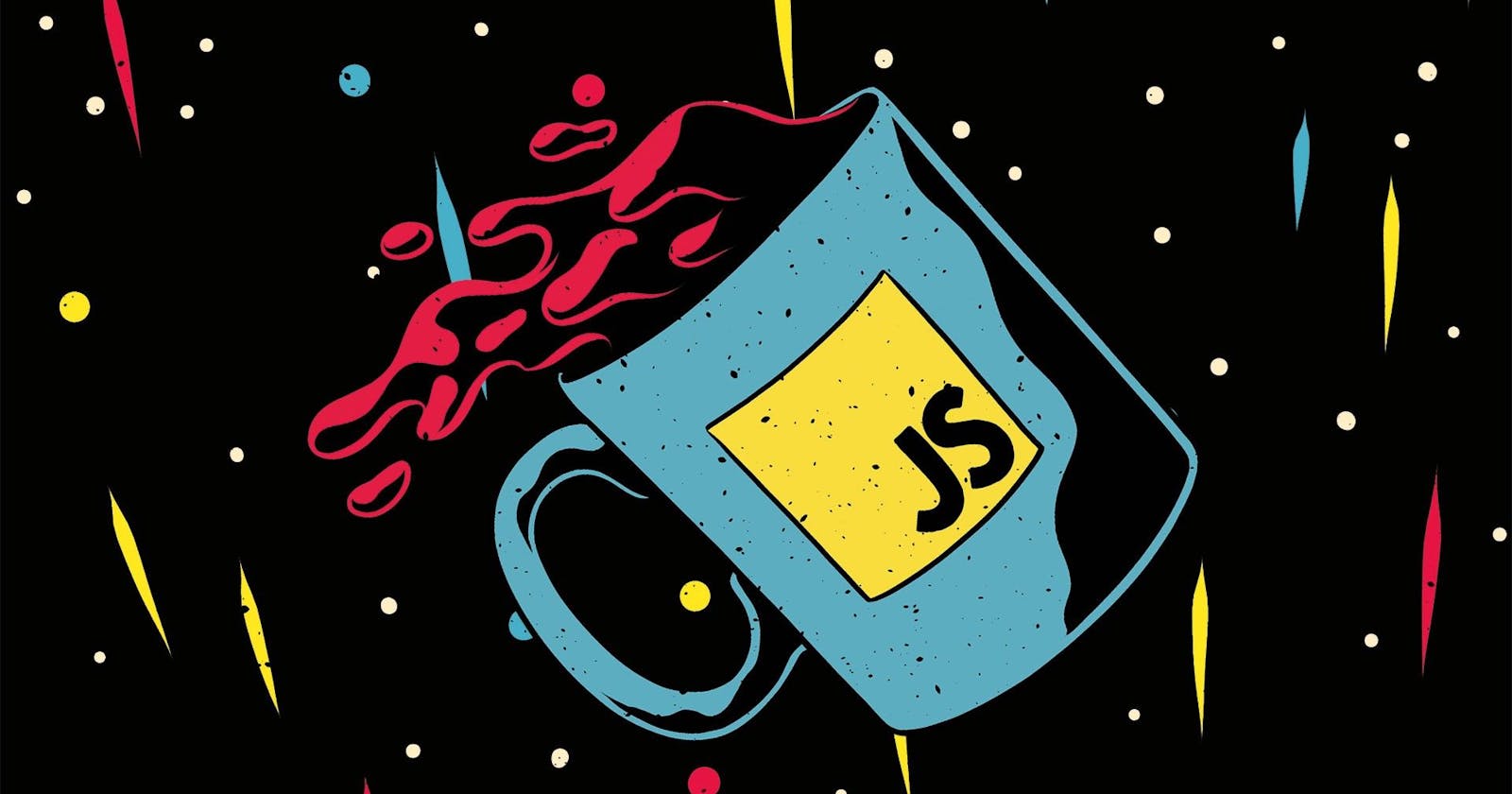My work as a CRM (Salesforce) Developer requires me to know Javascript. Though, I know a reasonable amount of Javascript, I still feel like I don't know anything. So, I'm taking a course on Javascript from codeWithMosh. The course comes in two parts. The first one covers only the basics. I thought of going through that nevertheless. Good that I did, because I realized that there are many basic things that I didn't know about. Follow the post and let me know in the comments below if you knew these already or if I enlightened you with something new and interesting today:
It's always a better practice to declare variables with "let" and not "var". (I had been using "Var" all my life now)
JS has 2 broad kinds of variable : Primitive/Value Type and Reference Type
The Primitive / Value type Variable in further categorized into : String, Number, Boolean, Undefined, Null types (I'm not gonna explain each because it's too obvious)
typeof keyword returns the type of the variable declared based on the value assigned to the variable. But, typeof Null returns "Object" and not "null". (Found this interesting because I always thought that typeof null would be "null")
The 3 types of Reference Type variables are : Object, Array, Functions
When declaring an array in JS, the collection can have values of same or different types.
E.g. :let person = {'Neha', 'Kumari', 1, false};Parameter vs Argument : Parameter is what we have during a function declaration. Argument is the actual value we pass for the parameter. (I always thought they are the same. Lol! )
E.g. :function greet(name){ console.log('Hello' + name); } greet('Neha');Here, the keyword "Name" is the parameter. "Neha" is the argument.
== is different from ===.
=== is Strict Equality Operator(Compares value and type)
== is Lose Equality Operator(Compares value only) - It converts the type of what we have on the right side to what we have on the left side and returns the comparison between values.In JS, apart from the Boolean False and True, we also have Falsy and Truthy.
Falsy includes things like ' ', false, undefined, null, 0, NaN. Anything that's not Falsy in Truthy. JS can execute logical operation even on non-Boolean variables by considering it as Falsy vs. Truthy instead of False vs. True
So, false || true gives True
false || 'Neha' gives 'Neha'
False || 1 gives 1
false || 1 || 2 gives 1Short-circuiting: If we have a string of logical conditions e.g. False || 1 || 2, the execution will stop after the first result is obtained. Above returns 1. It short-circuits at 1 because it has already found the value of the expression.
Power of Logical operator with non-boolean :
If we have a use case where I need to return the default value if user doesn't specify anything and if he does, then return the user specified value, then this comes in handy. E.g. : If user specifies a colour, then display that, else the default colour.let defaultColour = 'red'; let selectedColour = 'Blue'; let colour = selectedColour || defaultColour;So, this prevents us from writing several lines of if-else code. If user specifies a colour, that would be displayed. Else, undefined || 'red' will give 'red' i.e. the default colour. (Handy! Isn't it?)
|| is logical OR whereas | is Bitwise OR
